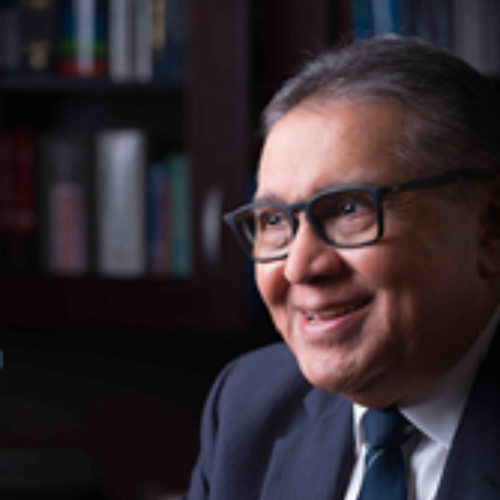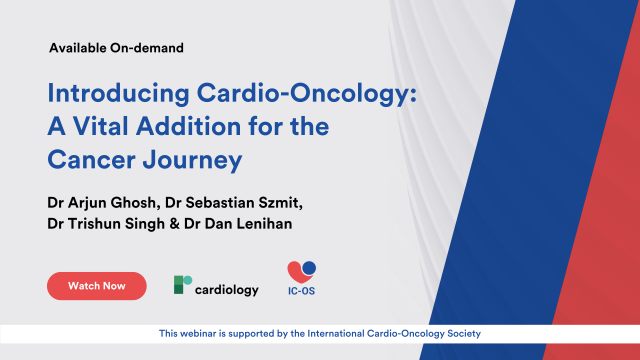
Trishun Singh
Cardiologist
Netcare Umhlanga Hospital, Durban, ZA
Biography
Dr YT (Trishun) Singh is an interventional and non-interventional cardiologist, in Private Cardiology Practice and has been in Specialist Cardiology Practice for the past 33 years.
Qualified at the Medical School, University of Natal in 1977. Commenced Specialist Cardiology Practice at Netcare St Augustine‘s Hospital in 1986. Instrumental in opening the Cardiac Units at Chatsmed Hospital, Victoria Hospital in Tongaat, KZN, South Africa. One of the founder doctors of the Cardiac Unit at Netcare Umhlanga Hospital, KZN, South Africa. Presently in partnership with Dr Connel Barnabas, Dr Joe McKibbin and Dr Aveen Mahabal.
The partnership has practices at Netcare St Augustine‘s Hospital, Netcare Umhlanga Hospital, Netcare Alberlito Hospital and a practice in the in the south coast of KZN, viz. Shelley Beach. Dr YT Singh was a Director of Gateway Private Hospital and was instrumental in obtaining the licence for gateway Private Hospital and establishing that hospital.
He is Director of Cardiac Mobile. Pty. Ltd. He has been instrumental in starting the Diabetic Cardio–metabolic unit at Netcare Umhlanga Hospital, Durban and instrumental in starting the first Cardio–oncology Unit in South Africa, and in fact, the continent of Africa. He is President of the Cardio–oncology Society of Southern Africa (COSOSA). This is the first Cardio–oncology Society in South Africa and in fact, Southern Africa. He has also been appointed to the Board of the International Cardio–oncology Society (ICOS).
Other than his active role in Clinical Cardiology and Interventional Cardiology, he has a deep interest in Diabetes and Cardio–metabolic diseases and works closely with the Endocrinologists, viz. Dr Sedeshan Govender and Dr Fraser Pirie at Netcare Umhlanga Hospital.
His deep interest in Cardio–oncology has resulted in his establishment of the first Cardio–oncology Society. The intention is to make sure that the Cardio–oncology group will expand to make sure that the cancer patient not only receives optimal cancer treatment, but to make sure that the cancer patient does not succumb from cardio–vascular complications as a result of chemotherapy and radiation.
Media
Arjun K Ghosh, Sebastian Szmit, Trishun Singh, et al






